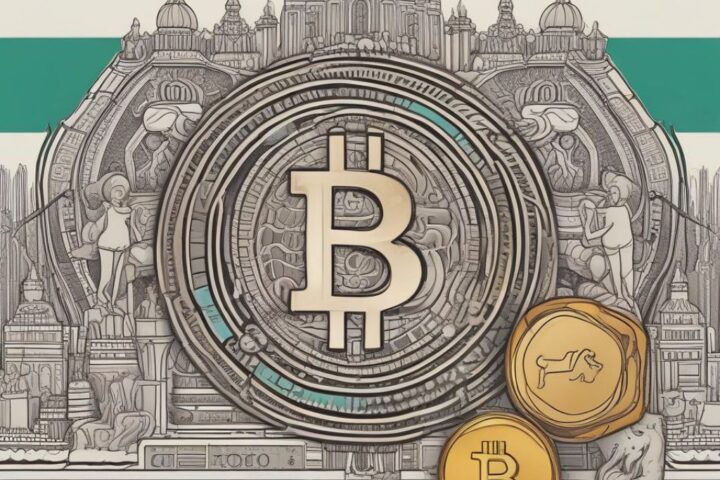The crypto regulation environment continues to diverge worldwide, reflecting the varied approaches of different governments toward this burgeoning asset class.
As we navigate through 2024, notable developments in major economies shed light on the evolving nature of crypto regulation.
United Kingdom: In the UK, all companies intending to engage in cryptoasset activities are mandated to register with the Financial Conduct Authority (FCA) to secure a portion of the 4A permit. Moreover, under the Economic Crime and Corporate Transparency Act 2023, the UK government has empowered law enforcement with unprecedented authority to freeze and seize crypto assets sans conviction.
El Salvador: Renowned for pioneering the adoption of Bitcoin as legal tender in 2021, El Salvador continues to refine its regulatory framework to accommodate the intricacies of a crypto-integrated financial system. Its distinctive approach sets a precedent for other nations exploring digital currency legislation.
India: India’s cryptocurrency landscape remains characterized by regulatory ambiguity. While crypto isn’t legalized, it also isn’t explicitly banned. The recent imposition of a 30% tax rate on crypto assets and a 1% tax deducted at source (TDS) on transactions by the central government reflects a nuanced stance toward blockchain’s potential.
Nigeria: Nigeria recently updated its guidelines for crypto service providers, aiming to curb criminal activities. The Securities and Exchange Commission (SEC) introduced regulations governing cryptocurrency exchanges, signaling efforts to bring order to the Nigerian crypto market.
Europe: The European Union has taken a landmark step with the passage of the Markets in Crypto-Assets (MiCA) regulation, constituting the world’s first comprehensive set of rules aimed at regulating the cryptocurrency industry. MiCA imposes stringent requirements on crypto platforms, token issuers, and traders, emphasizing transparency and supervision.
China: China maintains its strict ban on cryptocurrency transactions and exchanges, reflecting its cautious approach towards decentralized digital assets. Despite this prohibition, the country remains keen on exploring blockchain technology independently of cryptocurrencies.
South Korea: South Korea, a significant contributor to the global cryptocurrency market, is preparing to roll out new guidelines for token listings on centralized exchanges. These guidelines, driven by the Financial Services Commission (FSC), aim to enforce stricter regulations and bolster investor protection. Key changes include the prohibition of listing cryptocurrencies that have been subject to hacking incidents on local exchanges and the mandate for foreign projects to create market-specific whitepapers.
The year 2024 proves important for crypto regulation globally, as governments grapple with the challenges and opportunities presented by digital currencies.
While some nations like the UK and El Salvador embrace innovative approaches, others like China opt for stringent restrictions. Amid this regulatory mosaic, the evolution of cryptocurrency regulations remains inexorably linked to the maturation of the digital economy.
As stakeholders navigate this evolving landscape, the imperative lies in fostering regulatory frameworks that balance innovation with consumer protection and financial stability.


















